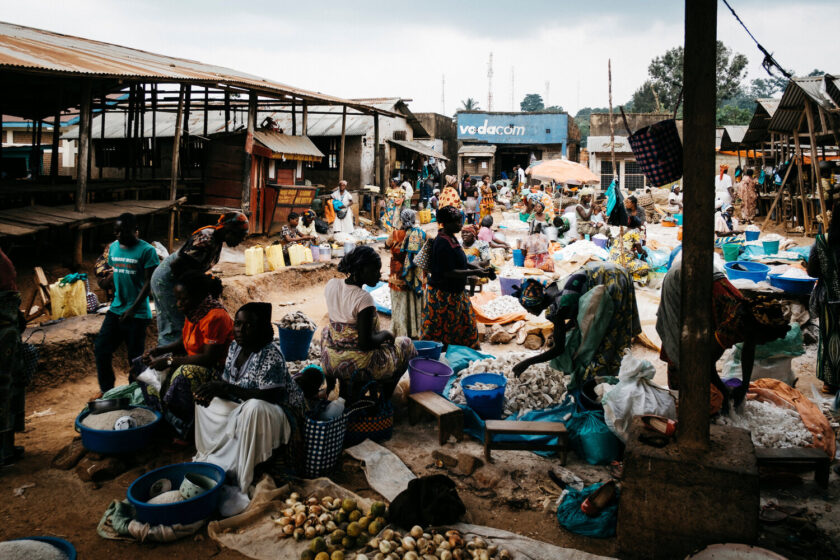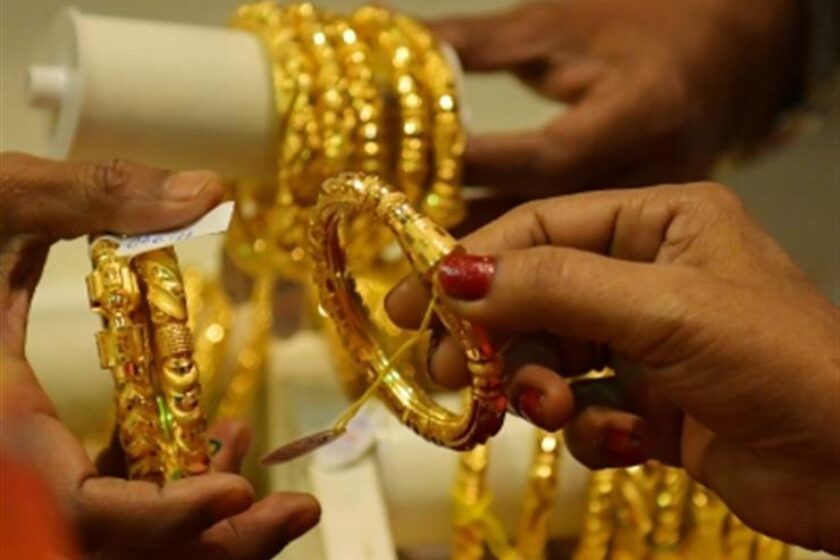Even though the timing of the new BRICS (Brazil, Russia, India, China, and South Africa) currency is still a big unknown, it is an inevitable outcome, according to Andy Schectman, President and Owner of Miles Franklin.
“I do believe that the BRICS will issue a common settlement currency, and it will be backed by something,” Schectman told Michelle Makori, Lead Anchor and Editor-in-Chief at Kitco News. “It’s coming. Whether or not it is a gold-back currency that is introduced in a few weeks or in a few months, or next year, to me, the alliance that is being built represents the majority of the human population.”
In the lead-up to the BRICS summit taking place in Johannesburg on August 22-24, there have been conflicting reports about whether a gold-backed currency was going to be discussed.
According to Anil Sooklal, South Africa’s Ambassador at Large to Asia and BRICS, told reporters last month that a BRICS currency was not on the agenda for the upcoming summit.
“There’s never been talk of a BRICS currency, it’s not on the agenda,” Sooklal said. “What we have said and we continue to deepen is trading in local currencies and settlement in local currencies.”
The more immediate goals for the BRICS bloc are to sidestep the SWIFT system and have the ability to avoid Western sanctions. And there is one event that investors need to closely monitor concerning this – Saudi Arabia’s participation at the upcoming BRICS summit.
The BRICS alliance is expected to expand its membership soon, with over 20 countries formally asking to join the BRICS, including Saudi Arabia, Argentina, Iran, the United Arab Emirates, and more.
But how the BRICS bloc expands will play a vital role in the global de-dollarization move as member countries continue to push to ditch the greenback and trade using their own currencies.
Schectman sees Saudi Arabia as an essential player in this transition, with eventually 85% of the global population dumping the U.S. dollar.
“There is this cohesion of countries that have joined together to break free from the Western hegemony,” Schectman said. “And I look to Saudi Arabia as the linchpin of all of the issues surrounding the de-dollarization and the dollar hegemony.”
This all hinges on the petrodollar and how other countries need to hold the greenback to buy oil from Saudi Arabia.
Schectman referred to the deal struck between the Nixon administration and Saudi Arabia in the 1970s, which saw Saudis trade oil exclusively in dollars in exchange for security guarantees from the U.S. Following this deal, there was also a shift within the OPEC itself to keep oil in dollars.
“That was the deal we struck with Saudi Arabia and, by extension, OPEC, who has for almost 50 years [conducted] about 90% of all the oil sales across the globe in dollars,” Schectman said. “And this has created a synthetic demand for the dollar.”
This has given the greenback its petrodollar status. But the recent moves from Saudi Arabia should be alarming to the world’s reserve currency, Schectman pointed out.
“I see Saudi Arabia as a very important cog in that [de-dollarization] movement because when Saudi Arabia accepts other currencies for oil, the lack of settlement in the dollar will have substantial effects,” he said. “The glue that will make all of this work is indeed having a currency backed by commodities, presumably gold, using distributed ledger technology or blockchain.”
This whole move against the dollar also goes far being the BRICS bloc, Schectman added. If all the new alliances come together, it would represent 85% of the human population. “If you put together the Belt Road Initiative, the BRICS, the Shanghai Cooperation Organization, and the Eurasian Economic Union … it is a very big deal,” he noted.
Another recent development was Saudi Arabia approving the decision to join the China-led Shanghai Cooperation Organization (SCO) as a dialogue partner. The SCO is a political, security and trade alliance created in 2001 to counter Western influence. Its members include China, Russia, India, Pakistan, and four central Asian countries.
“This is a very big deal. The Shanghai cooperation organization is the largest regional military and financial organization in the world. It represents about 60% of the Eurasian landmass and 40% of the global GDP,” Schectman said. “We can see how they are pushing away from the Western influence and getting very close with some powerful entities.”
The de-dollarization trend has not only been accelerating, but it is also irreversible at this stage, we are at a point of no return – “past the Rubicon”, according to President and Owner of Miles Franklin. “When you see all of this settlement outside the dollar, that’s significant. It creates less demand for the dollar and an environment where the dollar has to fall, and interest rates have to rise to compensate.”
Schectman sees 85% of the global population dumping the greenback in due time. “It’s like a game of Jenga. You keep pulling out these pieces of the dollar hegemony one by one. At what point does it tumble? It’s not going to happen overnight, but you can see the acceleration. So little by little, and then all at once.”
Source: Kitco




